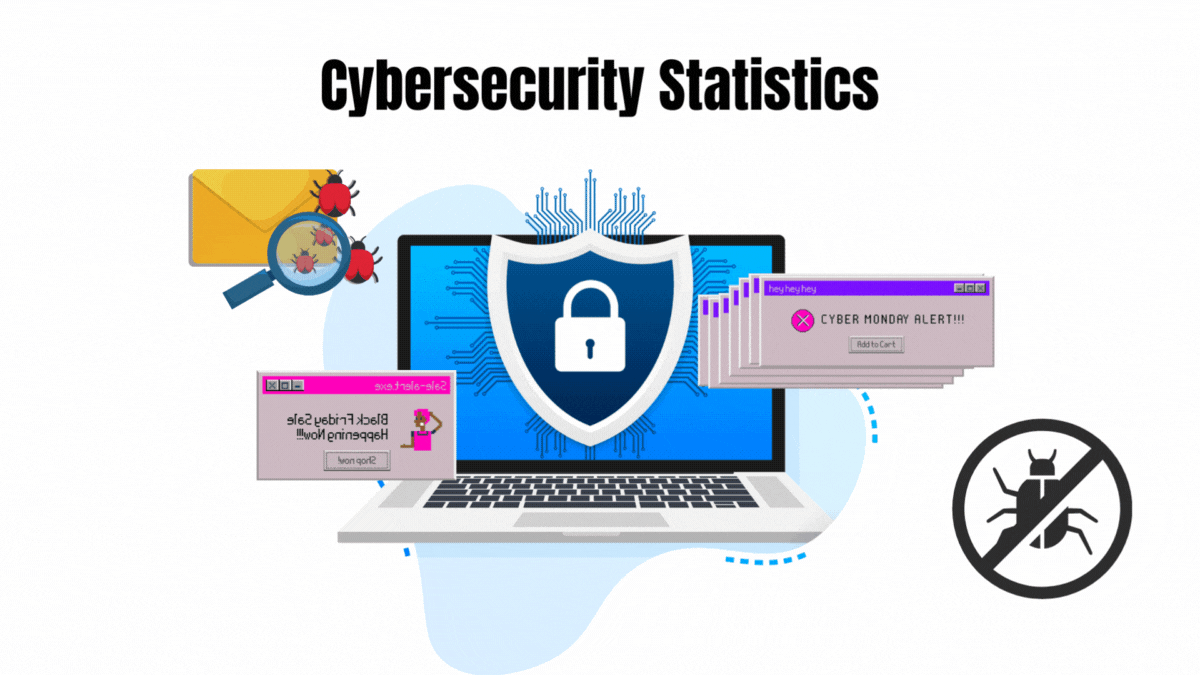The Eternal Debate: Shaky Start-up Or Generic Giant?
Bill Stobbard is not one of those IT managers who buys the idea that small software vendors are worse than larger rivals.
“I don't think it's true,” quips Stobbard, head of IT for Penske Truck Leasing. “I think they're all on shaky ground.”
Not exactly the words a software entrepreneur wants to hear — especially these days, as more and more people pour cold water on the prospects for an already lackluster industry.
But then ask Stobbard the crucial question. Given all the uncertainty, is he still willing to buy software from a startup vendor?
“If the product is a good product … we're not worried about that,” Stobbard answers. “So long as the functionality is there, we're pretty much OK with going ahead.”
Such is the contradictory impulse now gripping the software business. IT managers like Stobbard instinctively view small vendors with a skeptical eye, fearful that the upstarts might suddenly expire and leave unsupported products behind.
But mention specific functions — real-time data analysis, cross-channel transaction support, virtualization — and their ears perk up, no matter who makes the product.
That dichotomy has prompted a mad rush among software vendors large and small alike to position themselves in the next market sweet spot. Caught in the whirlwind are IT managers: poring over balance sheets, gauging system integration worries, and estimating return-on-investment in an uncertain future.
Vendors Target CRM Market
Many industry players believe the enterprise resource planning (ERP) sector of the market is now fully mature. The four largest players — Oracle, SAP, PeopleSoft and J.D. Edwards — have too much market share, and the remaining small vendors simply cannot and will not ever garner enough momentum to grow.
AMR Research estimates that the ERP market in 2000 was $18.6 billion. Of that number, two-thirds went to the Big Four.
“There aren't that many opportunities for enterprise software,” says Ullas Naik, a partner at JAFCO Ventures who invests in software. He estimates that more than 10,000 software companies are still in business, struggling to find customers and growth. “I don't see how it will change in the near term. Just the numbers give you a sense of the amount of noise that's out there.”
With bleak prospects in ERP, many vendors are pushing to software's other large sector: customer relationship management (CRM). Thanks to the Internet, the line between these two traditionally distinct sectors is increasingly blurry. More business is being done on the Web, creating more niches where CRM functions would dovetail nicely with ERP systems — if you can find the right software to do so.
“The issue is that most large vendors go broad, but shallow in each specific functionality,” Naik said. Small vendors must find the “pain point” where larger rivals perform poorly, he said, and offer a specific package to solve that need.
Naik gave the example of a CRM package that brings deeper analysis to sales data than ERP systems normally provide: “There would be value in that.”
The buzz in the CRM sector now is all about e-business: cross-channel transaction support, so users can purchase a product online and return it at the store; storage resource management, to keep track of the reams of raw data from customers; partner management, to improve collaboration among suppliers.
Penske Truck Leasing, for example, does 19% of its business via the Web. Its challenge, Stobbard said, is to automate leasing negotiations that typically would be real-world activities: deciding at what price to offer a lease, and how much to stick by that price based on the customer's credit and buying habits.
To fill those small niches, Stobbard readily hires smaller vendors on a pilot contract to see if they can do the job. If things go well, a larger contract might follow. Penske inked such a pilot deal with Revenio Inc. in January. A different pilot deal led to a $1.5 million contract with SynQuest Inc. last week.
Will the big ERP players try to conquer CRM as well? You bet. Their deep pockets have carried them through the lean years of 2000 and 2001, while smaller vendors watched their cash supply dry up. That leaves little money for product development and marketing, just as larger rivals start invading.
“Watered-down Software”
“You can see the end of the road,” says Louis Columbus, an analyst with AMR Research. “Many of these CRM vendors have a limited span before ERP vendors experiment in their area … and come up with a winning product. They need to find the golden bullet or be brutally honest with themselves.”
Stobbard, however, is not so sure ERP vendors will be attractive suppliers of CRM software. Such a trend could force companies like his to install the broad enterprise software just to use one bit of functionality — precisely opposite of the ROI mania gripping IT offices these days.
“That was the theory, but it never really materialized … you just end up with watered-down software,” he said. “It's much less expensive just to buy the small package.”
Stobbard is not alone on that point. With improved development tools and campaigns such as Microsoft's .Net initiative, writing your own code is no longer such a daunting task.
“It's become much easier,” says Erich Jacobs, chief technology officer at Corporate Software Inc. “I can get a lot more from in-house developers today than I could four years ago.”
Reprinted from Datamation
